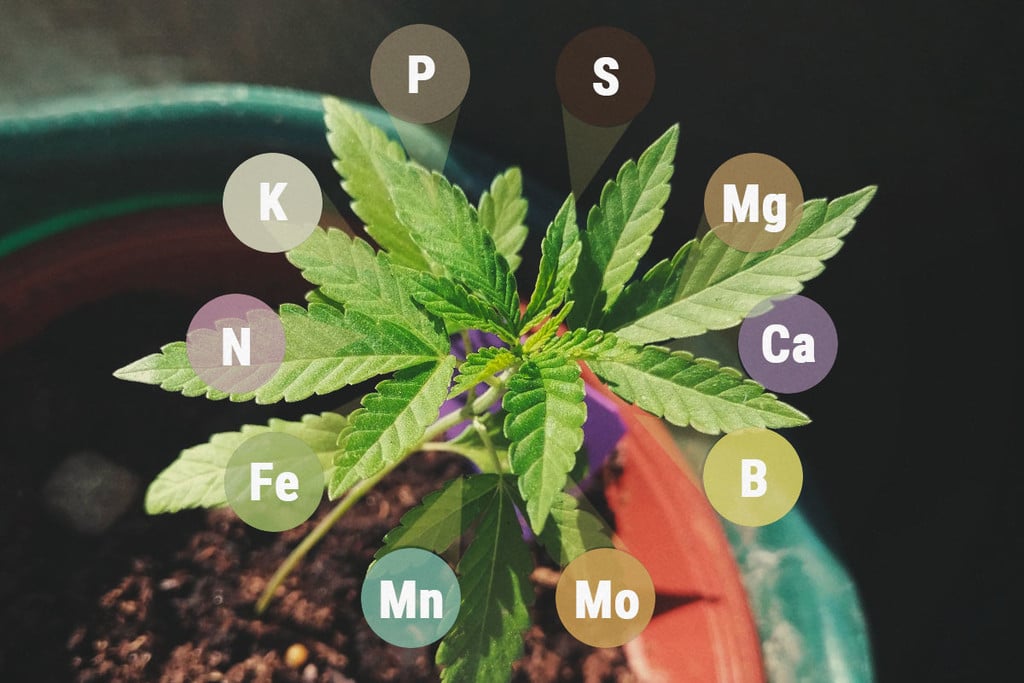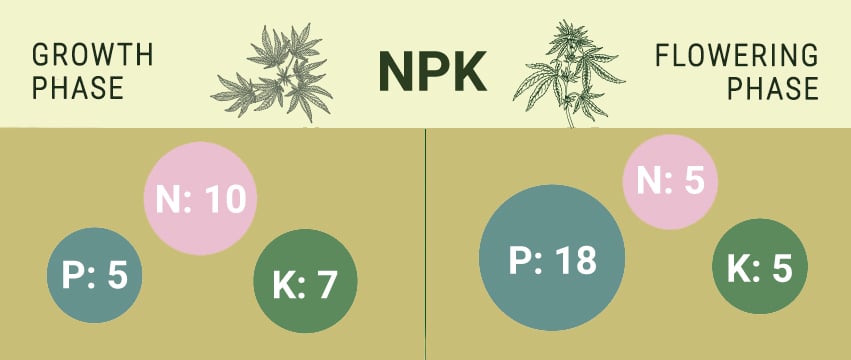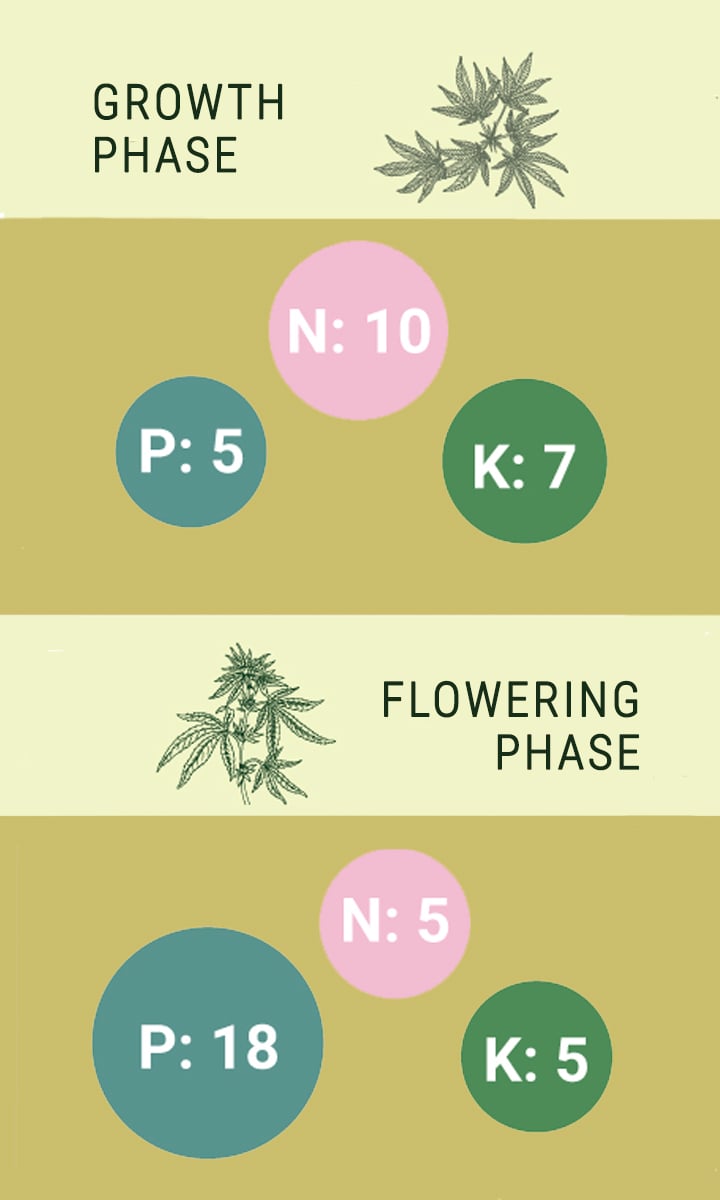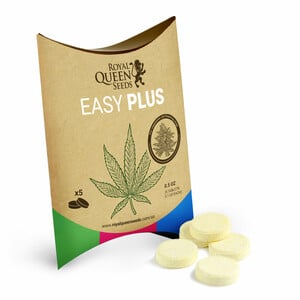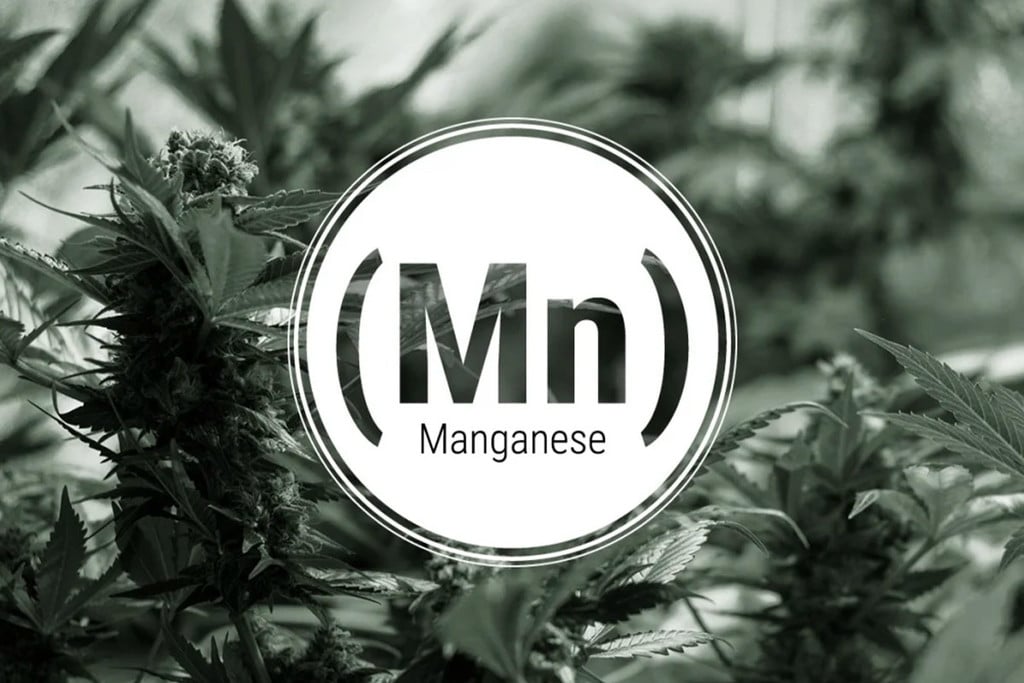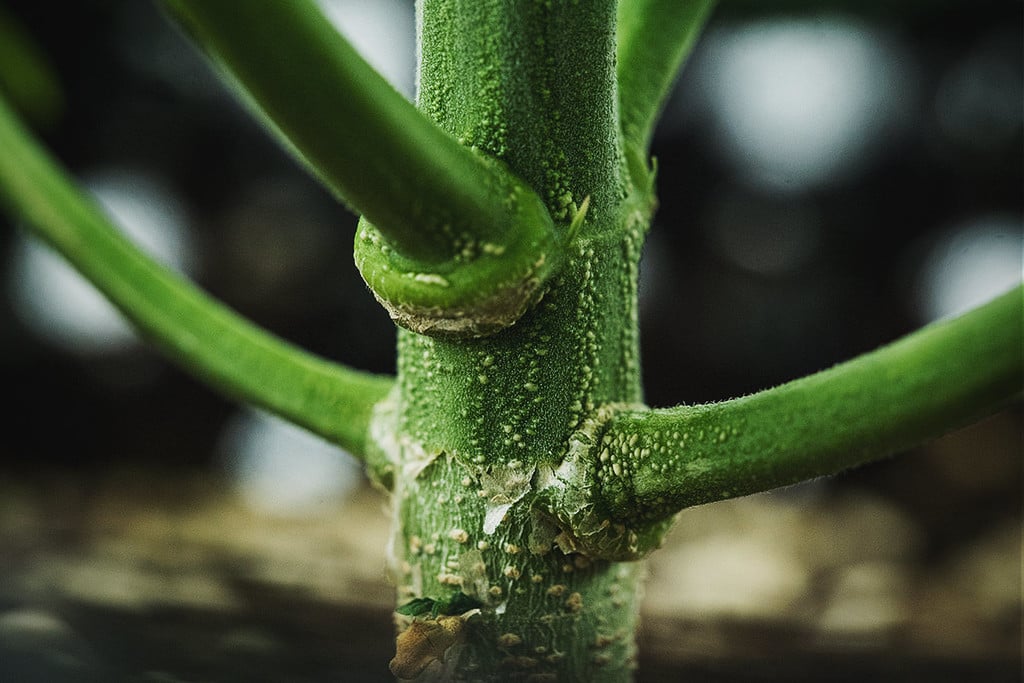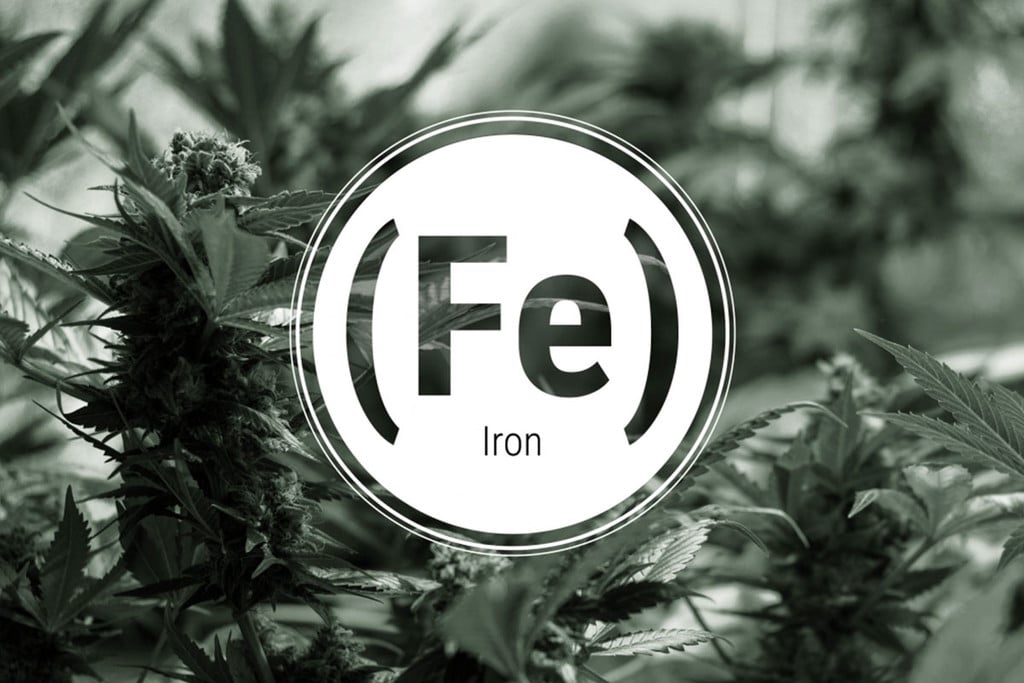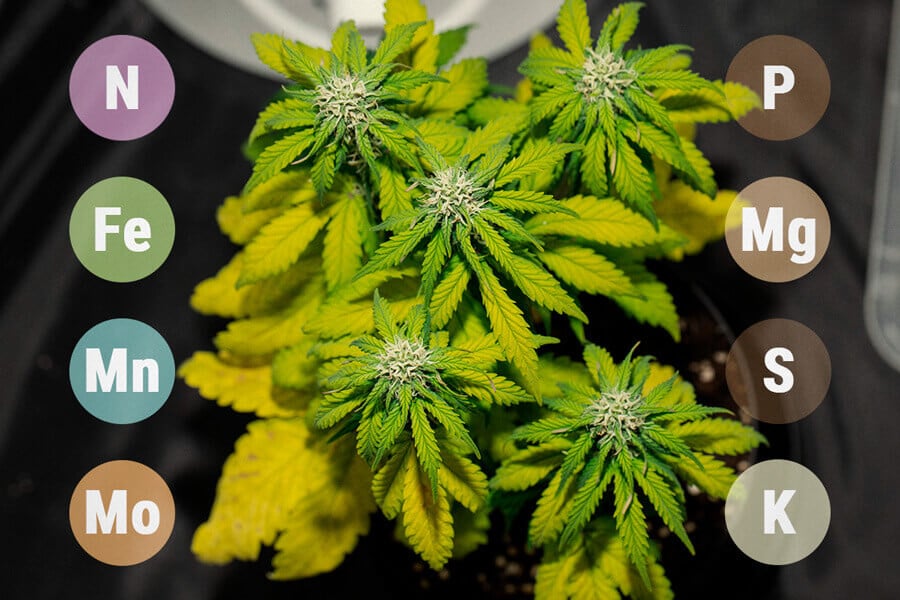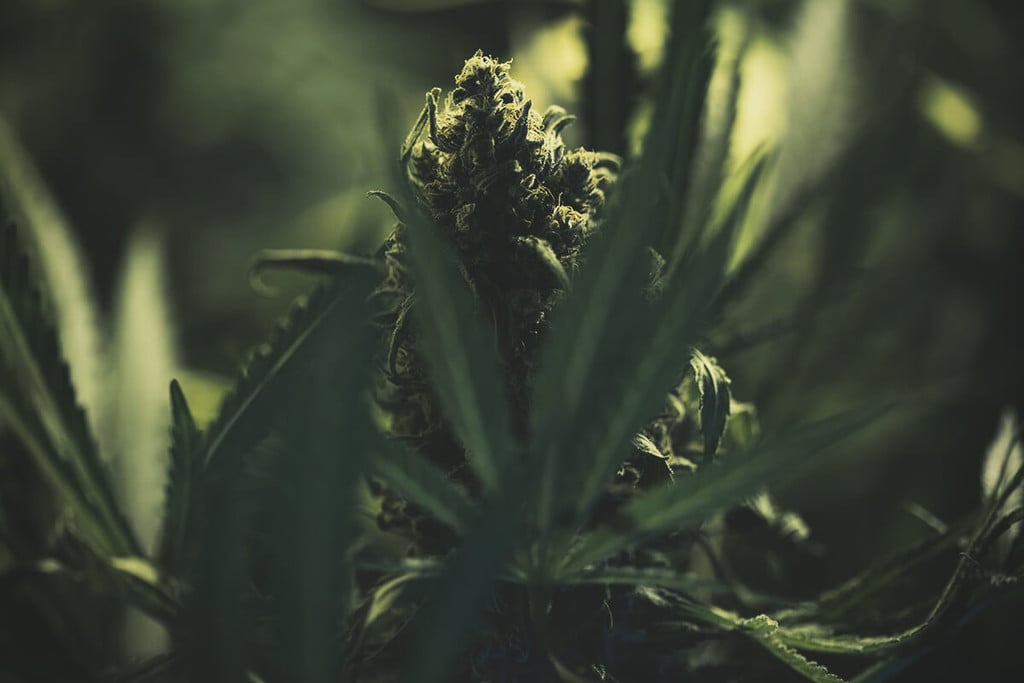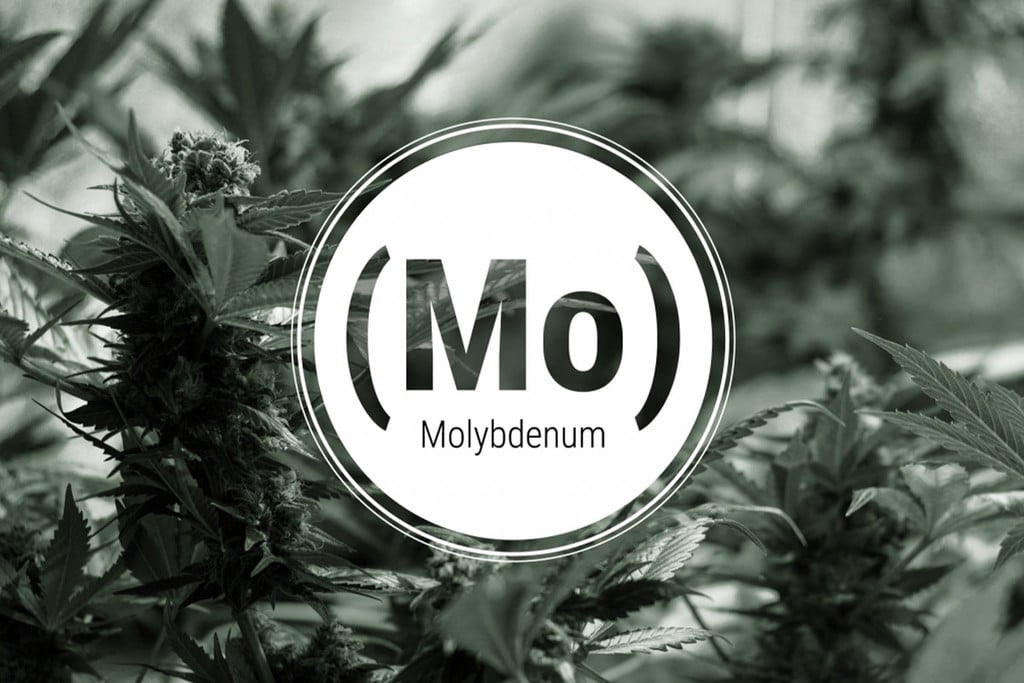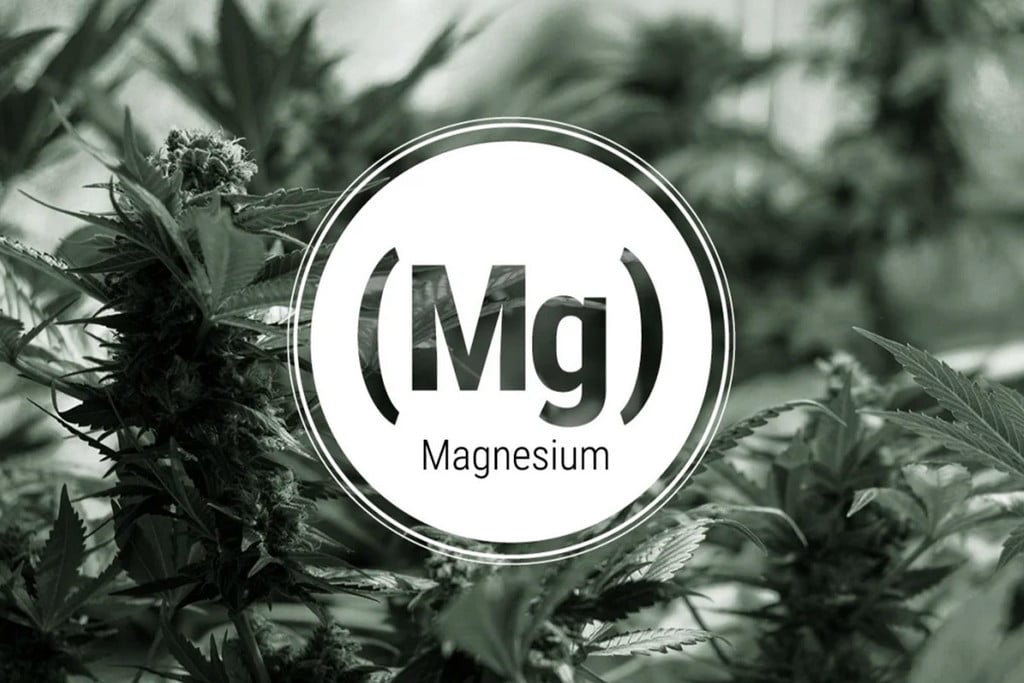Macronutrients And Micronutrients In Cannabis
Growers can't see the microscopic world of the root zone and how their cannabis plants eat. Thankfully, science shines a light on this mysterious process. Learn about the different nutrients cannabis plants need, why they need them, and how they access them.
An overview of macronutrients vs micronutrients in cannabis plants.
Contents:
Cannabis plants require a varied diet in order to survive, thrive, and produce a rewarding harvest. The herb relies on a fine balance of minerals and elements to fulfill key physiological roles throughout the growing cycle. These nutrients include members of two main categories: macronutrients and micronutrients.
MACRONUTRIENTS VS MICRONUTRIENTS
Cannabis plants require macronutrients in large amounts, similar to how protein, carbs, and fats make up the cornerstone of the human diet.
Plants rely on heavy quantities of nitrogen (N), phosphorus (P), and potassium (K). The demand for these nutrients—or the NPK ratio—changes depending on the stage of growth. Vegetating plants have a higher demand for N and less of a need for P and K. In contrast, plants require much less N and significant amounts of P and K during the flowering stage.
These three elements make up the key macronutrients within the soil. However, plants obtain three additional macronutrients through the air and from water: carbon, hydrogen, and oxygen.
Plants also require a fairly long list of micronutrients to remain healthy, disease-free, and productive. Although they only need these molecules in small quantities, things can go seriously wrong if they miss out. You can compare this to the human need for vitamins. We don’t need much, but our health takes a big hit if we become deficient.
MOBILE VS IMMOBILE NUTRIENTS
Cannabis nutrients feature mobile and immobile characteristics—terms that define their transportability. Plants can shuttle around mobile nutrients to areas where they are needed most. Thus, deficiencies in mobile nutrients show up in older leaves first as plants prioritise the health of the newer growth.
In contrast, immobile nutrients remained locked in place. Deficiency symptoms will manifest in newer growth due to their lack of access to these nutrients. We’ll cover which nutrients feature mobile and immobile properties in the list below.
IONIC NUTRIENTS
Cannabis plants aren’t capable of chomping down organic matter and extracting the minerals from it. Instead, microbes do this hard work in an organic farming environment. They break down manure and compost and liberate the nutrients locked within.
In contrast, synthetic fertilisers douse the soil in nutrients that can be readily absorbed by plants in non-organic settings. In any case, plants can only uptake nutrients as ions. These electrically charged particles either feature a positive charge (cations) or a negative charge (anions). For example, plants take up nitrogen in the form of the cation ammonium or the anion nitrate. They can only access phosphorus in the form of two anions, and potassium in the form of the cation K+.
To put it simply, nutrients must be broken down—or supplied in a refined form—to enter plant roots. These nutrients don’t enter through a passive process such as diffusion. Instead, they enter via active transportation utilising ATP (the cellular currency of energy) and membrane-bound proteins. This process allows ions to move from the root zone into the root tissues.
MACRONUTRIENTS FROM AIR AND WATER
Cannabis plants obtain three of their macronutrients rather self-sufficiently. These elements are either taken in from the air or produced as a byproduct of photosynthesis.
- Plants “inhale” carbon dioxide from the air through tiny pores on the surface of leaves known as stomata. But stomata aren’t always open for carbon dioxide to enter. A pair of guard cells open and close each pore depending on demand for the resource.
- Carbon dioxide plays a key role in plant health. Plants convert the gas into energy required for growth and use it along with water to conduct photosynthesis.
|
|
| CARBON |
- Plants “inhale” carbon dioxide from the air through tiny pores on the surface of leaves known as stomata. But stomata aren’t always open for carbon dioxide to enter. A pair of guard cells open and close each pore depending on demand for the resource.
- Carbon dioxide plays a key role in plant health. Plants convert the gas into energy required for growth and use it along with water to conduct photosynthesis.
|
|
- Plants create hydrogen from the water molecule during photosynthesis. They achieve this reaction by harnessing the power of light energy.
- Hydrogen serves as another building block for plant growth. Plants use hydrogen ions to drive the electron transport chain during photosynthesis.
|
|
| HYDROGEN |
- Plants create hydrogen from the water molecule during photosynthesis. They achieve this reaction by harnessing the power of light energy.
- Hydrogen serves as another building block for plant growth. Plants use hydrogen ions to drive the electron transport chain during photosynthesis.
|
|
- The aerial parts of plants obtain oxygen by splitting carbon dioxide. In contrast, the roots breathe in oxygen as they can’t access light and don’t conduct photosynthesis.
- Plants need oxygen during the process of respiration to help them release energy from stored glucose made by photosynthesising.
|
|
| OXYGEN |
- The aerial parts of plants obtain oxygen by splitting carbon dioxide. In contrast, the roots breathe in oxygen as they can’t access light and don’t conduct photosynthesis.
- Plants need oxygen during the process of respiration to help them release energy from stored glucose made by photosynthesising.
|
|
MACRONUTRIENTS FROM SOIL
The rest of the macronutrients required by cannabis plants come from the soil, either in the form of decayed organic matter or synthetic fertilisers. Discover the functions of these important substances below.
- Nitrogen behaves as a mobile nutrient in the cannabis plant in the form of nitrate. Plants require nitrogen more than any other nutrient throughout the growing cycle. However, 98% of soil nitrogen exists in an organic form. Microbes are needed to help mineralise this precious substance so plants can access it.
- Once inside, plants rely on nitrogen for general growth and development. The element also forms a key part of the chlorophyll molecule, which allows plants to carry out photosynthesis. Nitrogen also works as an important component of amino acids—the building blocks of proteins.
|
|
| NITROGEN |
- Nitrogen behaves as a mobile nutrient in the cannabis plant in the form of nitrate. Plants require nitrogen more than any other nutrient throughout the growing cycle. However, 98% of soil nitrogen exists in an organic form. Microbes are needed to help mineralise this precious substance so plants can access it.
- Once inside, plants rely on nitrogen for general growth and development. The element also forms a key part of the chlorophyll molecule, which allows plants to carry out photosynthesis. Nitrogen also works as an important component of amino acids—the building blocks of proteins.
|
|
- As a mobile nutrient, phosphorus makes itself available to new, immature growth. Plants uptake the element as an anion and use it in a long list of physiological processes. Phosphorus occurs in every living plant cell, a testimony to its importance.
- It plays a role in energy transfer, photosynthesis, and the transformation of starches and sugars. Phosphorus helps move nutrients around plants and assists in the transfer of genetic characteristics to the subsequent generation.
- The element plays a key role in the vegetative phase, where it contributes to root development and stem durability. Later on in the growing cycle, phosphorus helps plants resist disease and also plays a role in flower formation and productivity.
|
|
| PHOSPHORUS |
- As a mobile nutrient, phosphorus makes itself available to new, immature growth. Plants uptake the element as an anion and use it in a long list of physiological processes. Phosphorus occurs in every living plant cell, a testimony to its importance.
- It plays a role in energy transfer, photosynthesis, and the transformation of starches and sugars. Phosphorus helps move nutrients around plants and assists in the transfer of genetic characteristics to the subsequent generation.
- The element plays a key role in the vegetative phase, where it contributes to root development and stem durability. Later on in the growing cycle, phosphorus helps plants resist disease and also plays a role in flower formation and productivity.
|
|
- Cannabis plants uptake this mobile nutrient in the form of a mineralised cation. They’d run into a very big problem if they suddenly couldn’t access this key element. Potassium contributes to plant growth, metabolic functions, stress tolerance, root growth, and root system structure.
- Potassium also plays a vital role in water conservation. Remember those guard cells we talked about earlier? Well, they need potassium to open and close the stomata. Plants lose water every time they take in carbon dioxide through these small openings. When water becomes scarce, plants need potassium to close the stomata to hold on to as much water as they can.
- Plants also rely on potassium as an activator of enzymes and a key player in protein synthesis.
|
|
| POTASSIUM |
- Cannabis plants uptake this mobile nutrient in the form of a mineralised cation. They’d run into a very big problem if they suddenly couldn’t access this key element. Potassium contributes to plant growth, metabolic functions, stress tolerance, root growth, and root system structure.
- Potassium also plays a vital role in water conservation. Remember those guard cells we talked about earlier? Well, they need potassium to open and close the stomata. Plants lose water every time they take in carbon dioxide through these small openings. When water becomes scarce, plants need potassium to close the stomata to hold on to as much water as they can.
- Plants also rely on potassium as an activator of enzymes and a key player in protein synthesis.
|
|
SECONDARY MACRONUTRIENTS
However, cannabis needs more than just those three nutrients to grow and thrive. It also depends on secondary macronutrients such as calcium, magnesium, and sulfur, which play vital roles in plant development.<
- Plants need calcium for structural integrity. The immobile nutrient—in the form of calcium pectate—holds together the cell walls and membranes of plants. The element also serves as an intracellular messenger that helps to regulate hormone and enzyme activity.
|
|
| CALCIUM |
- Plants need calcium for structural integrity. The immobile nutrient—in the form of calcium pectate—holds together the cell walls and membranes of plants. The element also serves as an intracellular messenger that helps to regulate hormone and enzyme activity.
|
|
- Magnesium—a mobile nutrient—happens to be the very powerhouse behind photosynthesis. The element forms the heart of the chlorophyll molecule, where it enables the structure to capture sunlight used to create sugars. Plants also need magnesium for cell division, protein synthesis, phosphate metabolism, and enzyme activation.
|
|
| MAGNESIUM |
- Magnesium—a mobile nutrient—happens to be the very powerhouse behind photosynthesis. The element forms the heart of the chlorophyll molecule, where it enables the structure to capture sunlight used to create sugars. Plants also need magnesium for cell division, protein synthesis, phosphate metabolism, and enzyme activation.
|
|
- Plants only require this semi-mobile nutrient in tiny amounts. However, they would struggle to form essential enzymes without it. Moreover, sulphur helps to build plant proteins, vitamins, and amino acids.
|
|
| SULPHUR |
- Plants only require this semi-mobile nutrient in tiny amounts. However, they would struggle to form essential enzymes without it. Moreover, sulphur helps to build plant proteins, vitamins, and amino acids.
|
|
MICRONUTRIENTS
Although needed in smaller quantities, micronutrients play fundamental roles in plant physiology. Deficiencies are usually quite rare, but their absence can negatively impact health, growth, and yield.
- Boron helps to bolster cell walls. It plays an important structural role, with around 90% of the element helping to cross-link the large carbohydrate molecules that make up cell walls. If your plant becomes deficient in boron, it can become structurally compromised.
|
|
| BORON |
- Boron helps to bolster cell walls. It plays an important structural role, with around 90% of the element helping to cross-link the large carbohydrate molecules that make up cell walls. If your plant becomes deficient in boron, it can become structurally compromised.
|
|
- Another element that contributes to the complex process of photosynthesis, copper is a mobile nutrient that also helps plants metabolise carbohydrates and proteins.
|
|
| COPPER |
- Another element that contributes to the complex process of photosynthesis, copper is a mobile nutrient that also helps plants metabolise carbohydrates and proteins.
|
|
- A semi-mobile nutrient, iron helps plants maintain the structure and function of chloroplasts—organelles that convert light energy into sugars that can be used by plant cells. Iron also works as an important component in numerous enzymes and pigments.
|
|
| IRON |
- A semi-mobile nutrient, iron helps plants maintain the structure and function of chloroplasts—organelles that convert light energy into sugars that can be used by plant cells. Iron also works as an important component in numerous enzymes and pigments.
|
|
- Manganese contributes to some of the most important systems and functions within cannabis plants. These include nitrogen assimilation, respiration, and photosynthesis. The element also plays an important role in reproduction. It assists in pollen tube growth and pollen germination. Cannabis breeders would be out of a job if it wasn’t for this immobile nutrient!
|
|
| MANGANESE |
- Manganese contributes to some of the most important systems and functions within cannabis plants. These include nitrogen assimilation, respiration, and photosynthesis. The element also plays an important role in reproduction. It assists in pollen tube growth and pollen germination. Cannabis breeders would be out of a job if it wasn’t for this immobile nutrient!
|
|
- Molybdenum plays an important role in two enzymes that enable plants to synthesise amino acids. One of these enzymes helps to convert nitrate to nitrite, while the other converts nitrite into ammonia. Plants can easily shuttle this mobile nutrient to areas of high demand.
|
|
| MOLYBDENUM |
- Molybdenum plays an important role in two enzymes that enable plants to synthesise amino acids. One of these enzymes helps to convert nitrate to nitrite, while the other converts nitrite into ammonia. Plants can easily shuttle this mobile nutrient to areas of high demand.
|
|
- Zinc influences major changes in plants in only small doses. The immobile nutrient makes up parts of various enzymes and proteins and assists in growth hormone production and internode elongation.
|
|
| ZINC |
- Zinc influences major changes in plants in only small doses. The immobile nutrient makes up parts of various enzymes and proteins and assists in growth hormone production and internode elongation.
|
|
